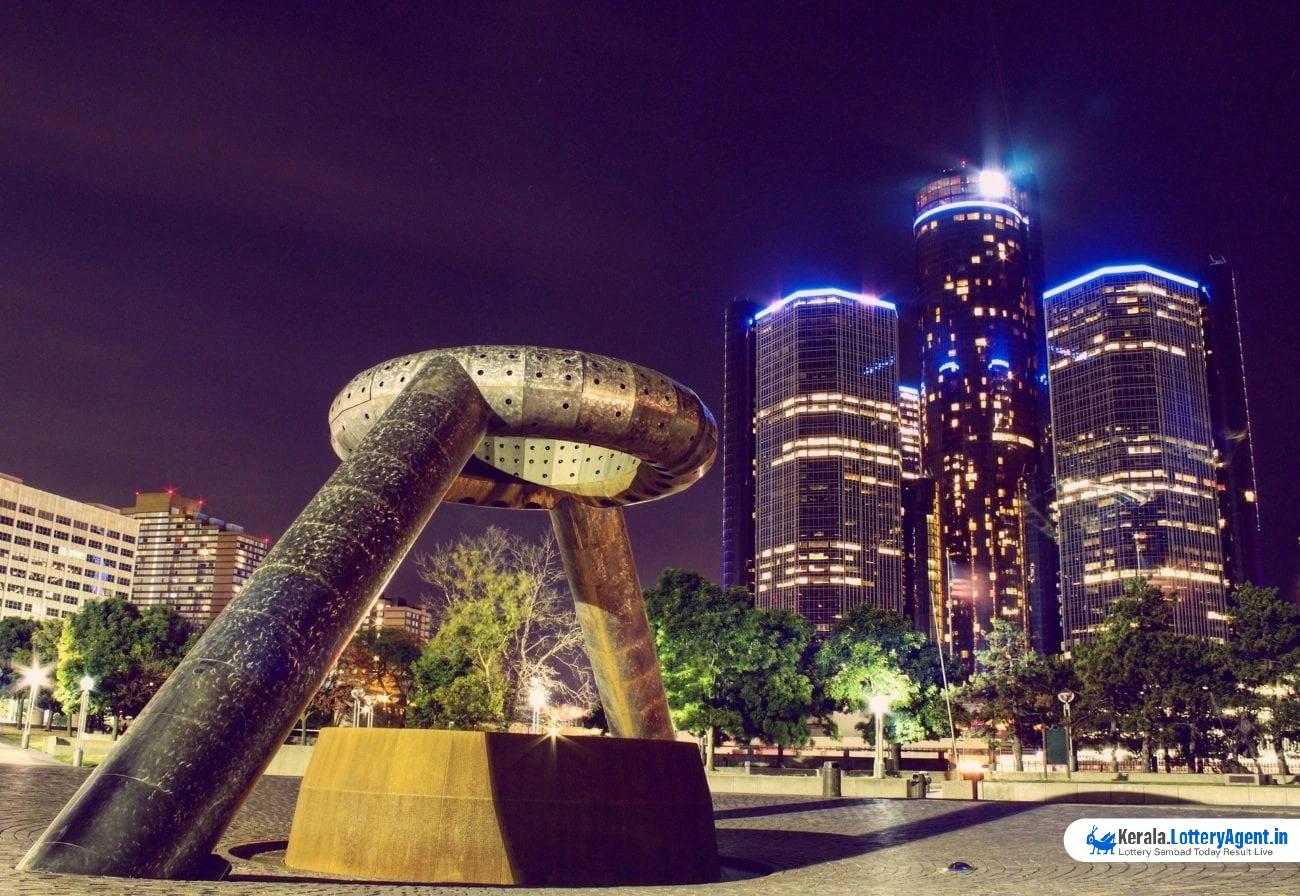
As the gaming industry continues to navigate through the ebbs and flows of economic trends, Detroit’s casinos have collectively reported a marginal decrease in revenue for the month of April, totalling $109.4 million. This figure stands just barely below the $109.7 million reported in April last year and reflects an 11.7% drop compared to $123.9 million in March of the current year.
The lion’s share of this income, amounting to $107.9 million, was generated from table games and slots. This represents a slight year-on-year slump of 1.6% and is also a notable 11.8% behind the revenue from March. Sports betting, on the other hand, shows a contrasting narrative with $1.6 million in revenue from qualified adjusted gross receipts (QAGR). This countervails the $14,489 loss witnessed in April of the previous year and aligns neatly with the figures posted in the preceding month of March.
An in-depth look at the performance of individual commercial casinos in Detroit reveals MGM’s continued dominance in the market space. MGM held onto a substantial 46.0% market share through April. Meanwhile, MotorCity captured 30.0% of the market share, and Hollywood Casino at Greektown secured 24.0%.
Within this market context, MGM reported a decrease of 0.7% year-on-year in their table games and slots revenue, gathering $49.9 million in April. MotorCity faced a somewhat sharper decline of 4.5%, culminating in $32.7 million in revenue. Contrasting these trends, Hollywood Casino experienced a marginal uptick of 0.6% with a $25.3 million revenue.
Shifting focus to sports betting revenue, Hollywood Casino appears to be leading the pack. Their April post reported $578,131 in QAGR, which, while substantially lower than the robust $1.4 million in April of the preceding year, still contributes significantly to the overall positive QAGR. MotorCity turned the tables from last year’s $1.7 million loss to a positive $516,812 in sports betting QAGR. Not to be sidelined, MGM also showed consistency, amassing $475,492 in QAGR, which is a solid increment from $432,195 relayed in the previous year.
The broader economic impact of the casinos can be measured by tax contributions derived from their revenues. In terms of state taxes accrued from table games and slots, the three Detroit casinos paid a total of $8.7 million. Furthermore, they submitted a significant sum of $12.8 million in wagering taxes and development agreement payments to the City of Detroit, contributing positively to the local economy.
Casinos also hold fiscal responsibilities for their sports betting activities, where the three casinos paid a combined $59,362 in gaming taxes to the State of Michigan and $72,554 in wagering taxes to the City of Detroit.
The narrative that unfolds from Detroit’s casino revenues in April suggests a landscape of marginal fluctuations—a slight decrease in table games and slots revenue, yet a bolstering of sports betting income compared to last year’s losses. MGM’s perseverance in retaining a substantial portion of the market share is emblematic of its reputation and strategic position within the sector. Similarly, Hollywood Casino’s QAGR leadership in the sports betting market demonstrates vigor amidst shifts in gambling dynamics. On a municipal level, the casinos’ contributions through taxes continue to play a crucial role in the economic makeup of the city, establishing the gaming industry as an integral part of Detroit’s economic framework.












